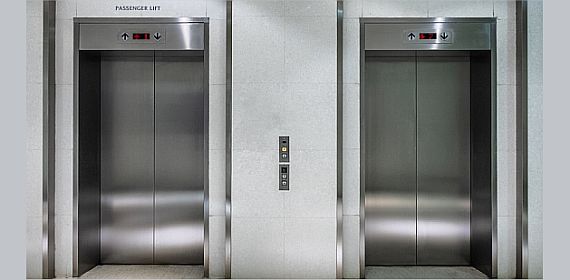
News & Stories
Vienna/Brussels. In recent years, guest reviews have replaced hotel stars in terms of importance. Behind the scenes, HOTREC, the umbrella organisation of the European hotel associations, and hotelstars.eu are currently working feverishly on agreements with the key online giants to revamp the hotel star categorisation system. Google is also involved. The aim is to find a common transparent solution for hoteliers and consumers, both online and offline.
Hong Kong/Hamburg. The School of Hotel and Tourism Management of The Hong Kong Polytechnic University and the China Outbound Tourism Research Institute are joining hands to offer a new online training programme – the China Tourism Training. Its aim is to become the Global Standard Training in Chinese outbound tourism markets.
Berlin. The German Social Democratic Party in the coalition government suggested raising the reduced value-added tax for the lodging sector from 7 to 19 percent. It is not only the hotel association that is up in arms. The sector would then again be at a disadvantage compared to the rest of Europe.
San Francisco. Heading towards an IPO, the pressure is mounting for Airbnb to diversify its offerings and justify its mammoth valuation. Will the IPO be as overhyped as Uber's and other Unicorns? Meanwhile, Airbnb's market share is increasing in the world of hotel chains. New ideas like developing its own shows and films is spurring on fierce competition.
Vienna. Austria is seeking a unified, country-wide reporting obligation and mandatory registration for offers in the sharing economy. The country, whose main source of income is tourism, plans to make booking platforms as well as lessors responsible for fulfilling their duties. Politicians and hotel experts are closing ranks now for the draft bill.
Rome. Airbnb must collect and pay the 21% flat tax on short-term residential rentals, better known in Italy as "cedolare secca". The Administrative Court of First Instance of Latium rejected the request by the online portal for the right not to play the role of withholding agents, as the measure provides for.
Berlin. FF&E, part four: With today's contribution of the hotel team of the hotel consulting company Horwath HTL Germany and Trinavis Wirtschaftsprüfung Steuerberatung from Berlin, our series on FF&E concludes. Finally, author Nils Neuwerth, lawyer and real estate economist, will focus on the contractual implementation of the FF&E models and give advice on how to negotiate and draft tenancy/lease agreements for hotels with regard to FF&E.
Berlin. FF&E, Part 3: Today's instalment of our four-part series put together by the hotel team of the hotel consultancy Horwath HTL Germany and Trinavis, an audit and tax advice company based in Berlin, focuses on taxation under the various arrangements and the requirements for trade tax relief.
Paris. Airbnb is finally collecting city tax on behalf of thousands of municipalities across France and will pay them back 24 million euros this year. Paris will get the lion share. In America, the first market for Airbnb, the company is looking for ways to bolster its inventory and make itself beautiful for an eventual IPO. Talks have been going on with discounter HotelTonight.com, but have gone cold… for now.
Berlin. FF&E, Part 2: The hotel team of the hotel consultancy Horwath HTL Germany and Trinavis, an audit and tax advice company based in Berlin, described in the first instalment of this four-part series the differences between a ready-to-go lease and a turnkey usufructuary lease. And states: Certain FF&E models place a one-sided burden on the owner or the operator. For this reason, it is important to ensure burdens are shared fairly in the respective contractual arrangement. This is what tax consultant and senior boss Anke Bendschneider deals with in today's article.




